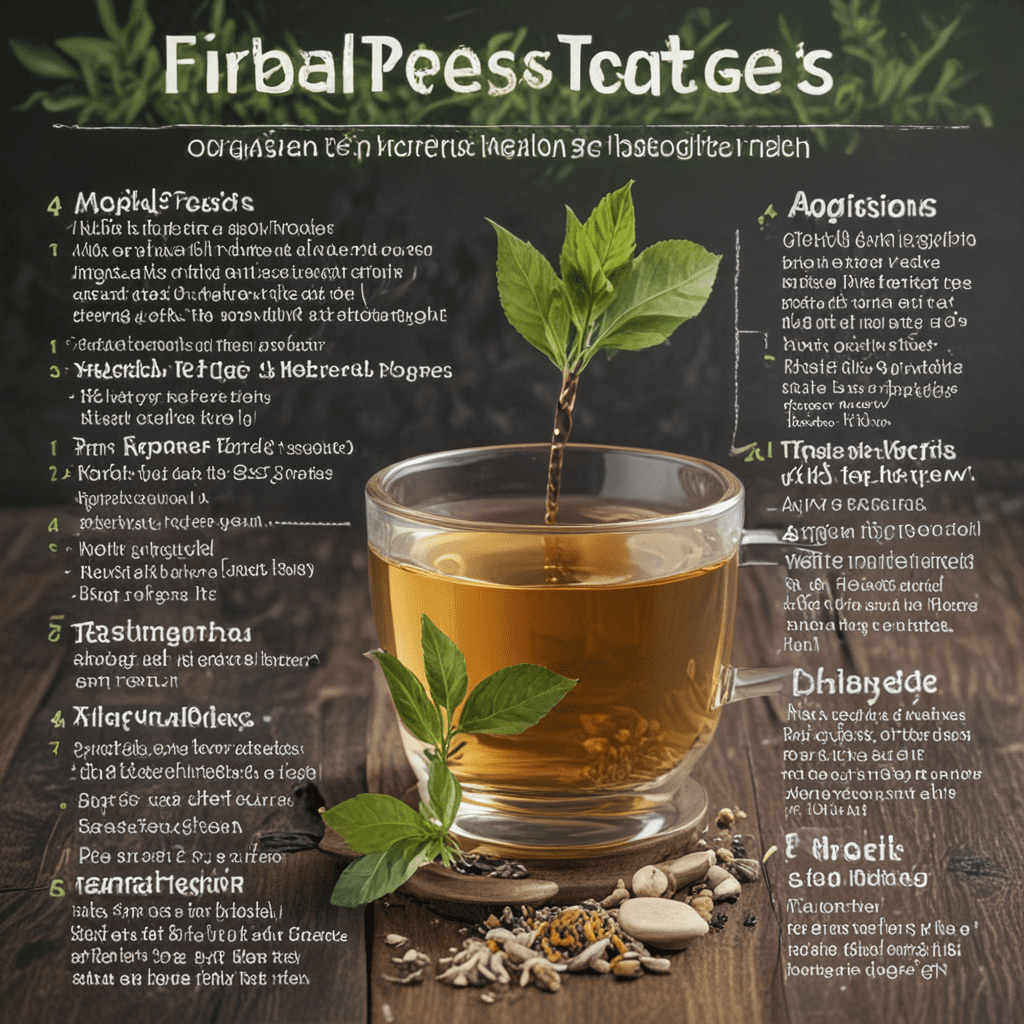
The Impact of Alcohol on Your Diet
Alcohol consumption can significantly impact your dietary habits and overall health. Understanding the relationship between alcohol and your diet is crucial for making informed choices.
Calorie Content of Alcohol
Alcoholic beverages contain a high number of calories, which can contribute to weight gain. One gram of alcohol provides approximately seven calories. Regular consumption of alcohol, especially in excessive amounts, can lead to excess calorie intake, potentially contributing to obesity and other health concerns.
Alcohol and Appetite
Alcohol has a complex effect on appetite. During consumption, alcohol can suppress appetite, leading to reduced food intake. However, after the initial inhibitory effect, alcohol can stimulate appetite, resulting in increased food consumption, especially for high-fat and sugary foods.
Nutrient Absorption
Alcohol can interfere with the absorption of essential nutrients from food. Excessive alcohol intake can impair the absorption of fat-soluble vitamins such as vitamins A, D, E, and K, as well as minerals like calcium and iron. This impaired absorption can result in nutrient deficiencies and various health complications.
Dehydration
Alcohol has a diuretic effect, meaning it increases the production of urine and fluid loss from the body. This can lead to dehydration, especially if alcohol is consumed without adequate fluid intake. Dehydration can have negative consequences for overall health, including impaired physical and cognitive function.
Liver Function
Alcohol is primarily metabolized by the liver. Excessive alcohol consumption can damage the liver and impair its function. Fatty liver disease and cirrhosis are severe liver conditions linked to chronic alcohol abuse. These conditions can have serious health implications, including malnutrition, ascites, and organ failure.


